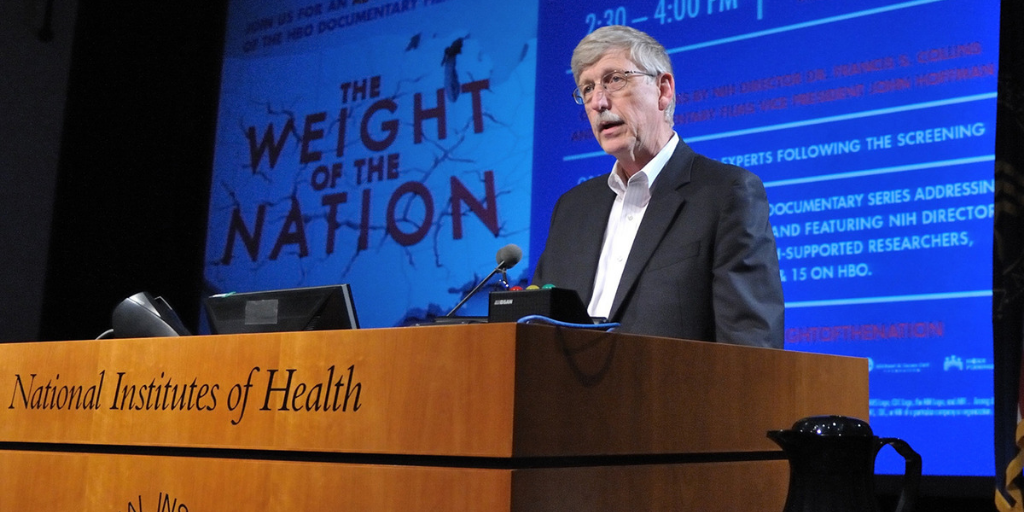What to Expect at the ASGCT Policy Summit
ASGCT Staff - September 04, 2019
With a new name and expanded programming, the 2019 ASGCT Policy Summit brings a wide range of gene therapy experts and stakeholders from around the world to Washington, D.C. November 4-6 to discuss the challenges of and solutions to successful gene therapy development, access, and use.

With a new name and expanded programming, the 2019 ASGCT Policy Summit will bring a wide range of gene therapy experts and stakeholders from around the world to Washington, D.C. November 4-6 to discuss the challenges of and solutions to successful gene therapy development, access, and use.
"Last year, ASGCT brought together stakeholders to discuss the valuation of gene therapy and issues surrounding reimbursement and payment models for these unique new products,” says Betsy Foss-Campbell, ASGCT’s director of policy and advocacy. “Now we’re able to continue that conversation while expanding the event to address a wider variety of the key issues facing the field.”
ASGCT convened the first Summit—the day-long Value Summit—in 2018 to facilitate discussion on how to maximize patient access to durable gene therapies, finally getting to patients after more than 40 years of research, following the clinical approval of three of these products in 2017. The FDA said in January that they expect 10 to 20 gene and cell therapy products to be approved per year by 2025.
“For decades, people in the field of gene and cell therapy have worked to develop a new class of medicines to alleviate human diseases,” says ASGCT Government Relations Committee Chair Tim Hunt, J.D.
ASGCT expanded the event for 2019 into what is now known as the ASGCT Policy Summit, held November 4-6 at The Westin City Center in Washington, D.C. The Summit will cover legislative, regulatory, and bioethical content, and daily registration allows attendees to decide what’s most relevant to their area of expertise. Attendance is limited to 350 people per day, so read on for information on each day’s programming, and register today!
November 4: Global Regulatory Issues in Gene Therapy Development
The Summit begins with the regulatory issues surrounding gene therapy development around the world. The goal is to explore solutions to the challenges that corporate sponsors experience while developing gene therapies across markets worldwide. This topic is significant because differences in regulatory requirements across countries may create barriers to efficient development for patients in need of these therapies, Foss-Campbell says.
During the first day, regulators from Brazil, Europe, Japan, and the U.S. will talk about new regulatory frameworks for gene therapies, as well as areas of opportunity for greater regulatory convergence between countries. The keynote speaker will be Peter Marks, M.D., Ph.D., director of the FDA’s Center for Biologics Evaluation and Research. Marks will discuss why global regulatory convergence is relevant to accelerating the availability of gene therapies.
Register for the November 4 Session of the
ASGCT Policy Summit
November 5: Perspectives on Payment Policies for Gene Therapies
The second day of the Summit is focused on how to pay for gene therapies. Foss-Campbell noted that innovative payment policies can maximize patient access to these unique, durable therapies that aim to be one-time, potentially curative treatments.
“As we began to discuss at last year's Value Summit, new gene therapies have the potential to create a lifetime of therapeutic benefit,” says Hunt. “These treatments will require the field’s stakeholders to work together in the years ahead to create novel payment models to ensure access to these important advances.”
Speakers on this day will address legislative and regulatory solutions to coverage and reimbursement challenges for gene therapies across payer types—Medicare, Medicaid, and commercial insurance payers. Additionally, speakers will cover the value of gene therapies compared to existing, long-term treatment options for many rare diseases and how to enable alternative payment models.
Register for the November 5 Session of the
ASGCT Policy Summit
November 6: Ethical, Societal, and Policy Issues in Germline Gene Editing
The third day of the Summit will focus on the clinical use of human germline gene editing, which is the editing of eggs, sperm, or fertilized embryos that result in birth The topic of heritable gene editing is controversial for scientific and ethical reasons, including the effects on the human genome for an individual and subsequent generations.
Third-day programming brings together bioethicists, community representatives, patient advocates, and scientists with diverse viewpoints related to the clinical use of germline gene editing. There will also be discussions on approaches to oversight mechanisms and international engagement on the issues. The keynote speaker that day will be Francis Collins, M.D., Ph.D., director of the National Institutes of Health (NIH). Collins will outline why the NIH supports a moratorium on the clinical use of germline gene editing. Speakers on this day will examine how to use gene editing technology in an ethically, scientifically, and societally responsible way, Foss-Campbell says.
Register for the November 6 Session of the
ASGCT Policy Summit
“Whether our society decides to pursue making heritable edits to the human genome is an important question that touches on all of humanity,” Hunt says. “Much wider, deeper, and more numerous discussions are needed with major stakeholders to answer whether this take place at all; and, if so, how do we do this the right way?
“Patients now depend on us, scientists and sponsors, to work with regulators, payers, bioethicists, and other stakeholders to make sure our science is translated into important medicines the right way.”
You can register for each day of the ASGCT Policy Summit online, or register for all three for a full-scope understanding of this emerging field!
Related Articles